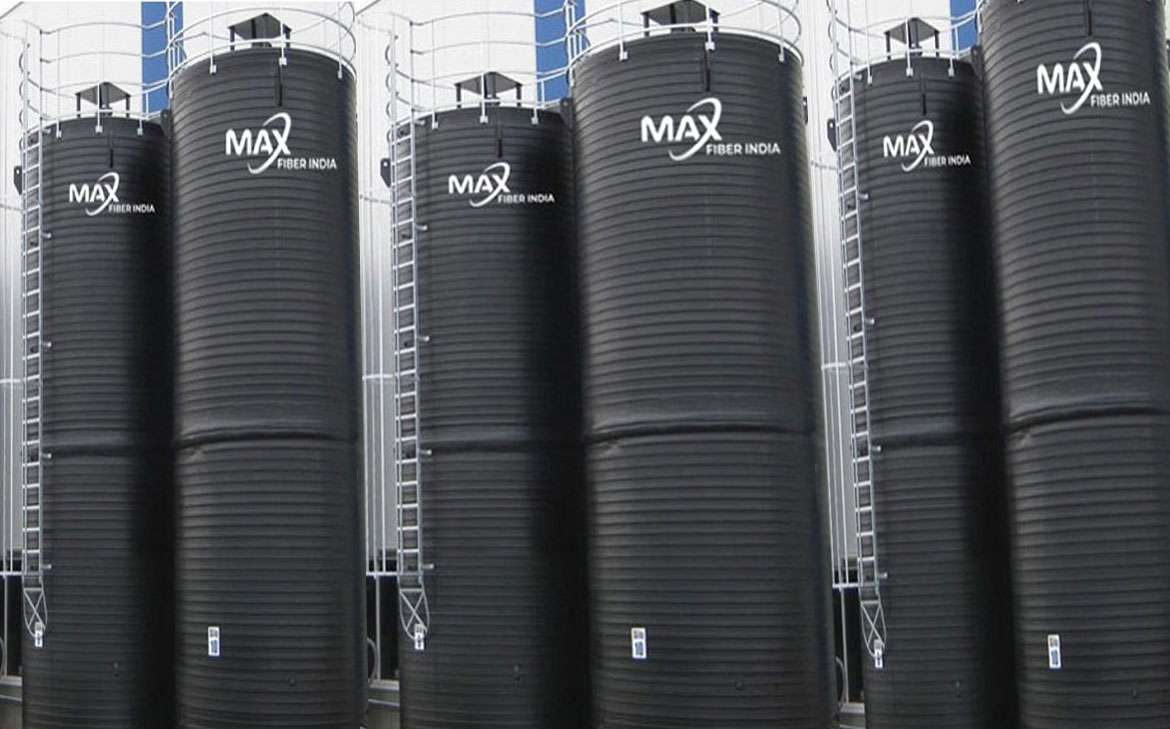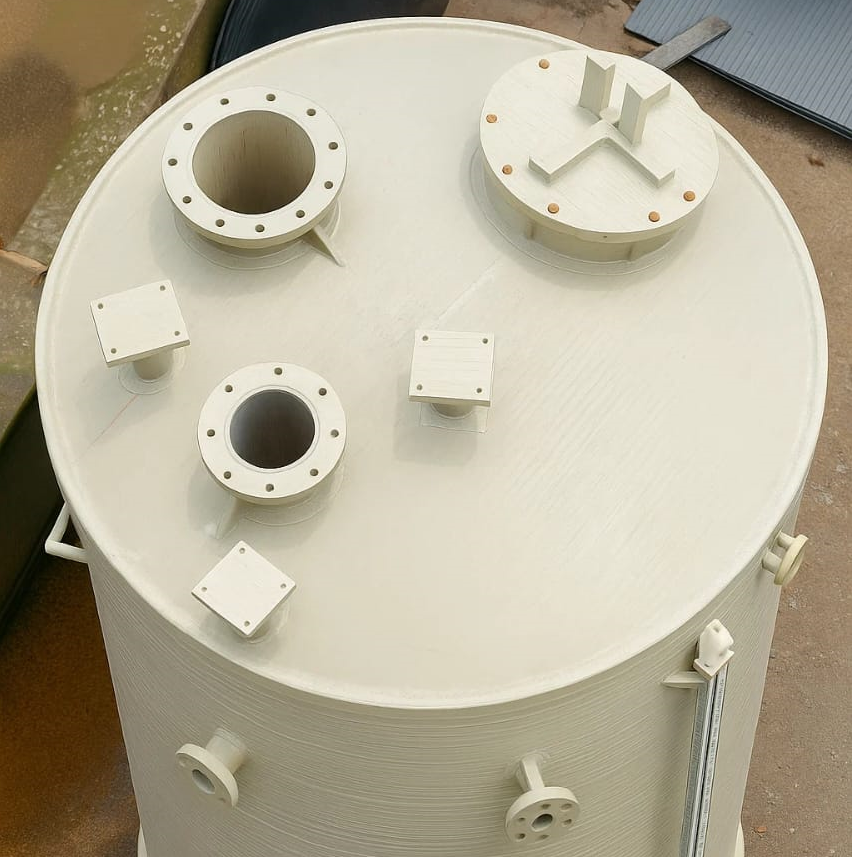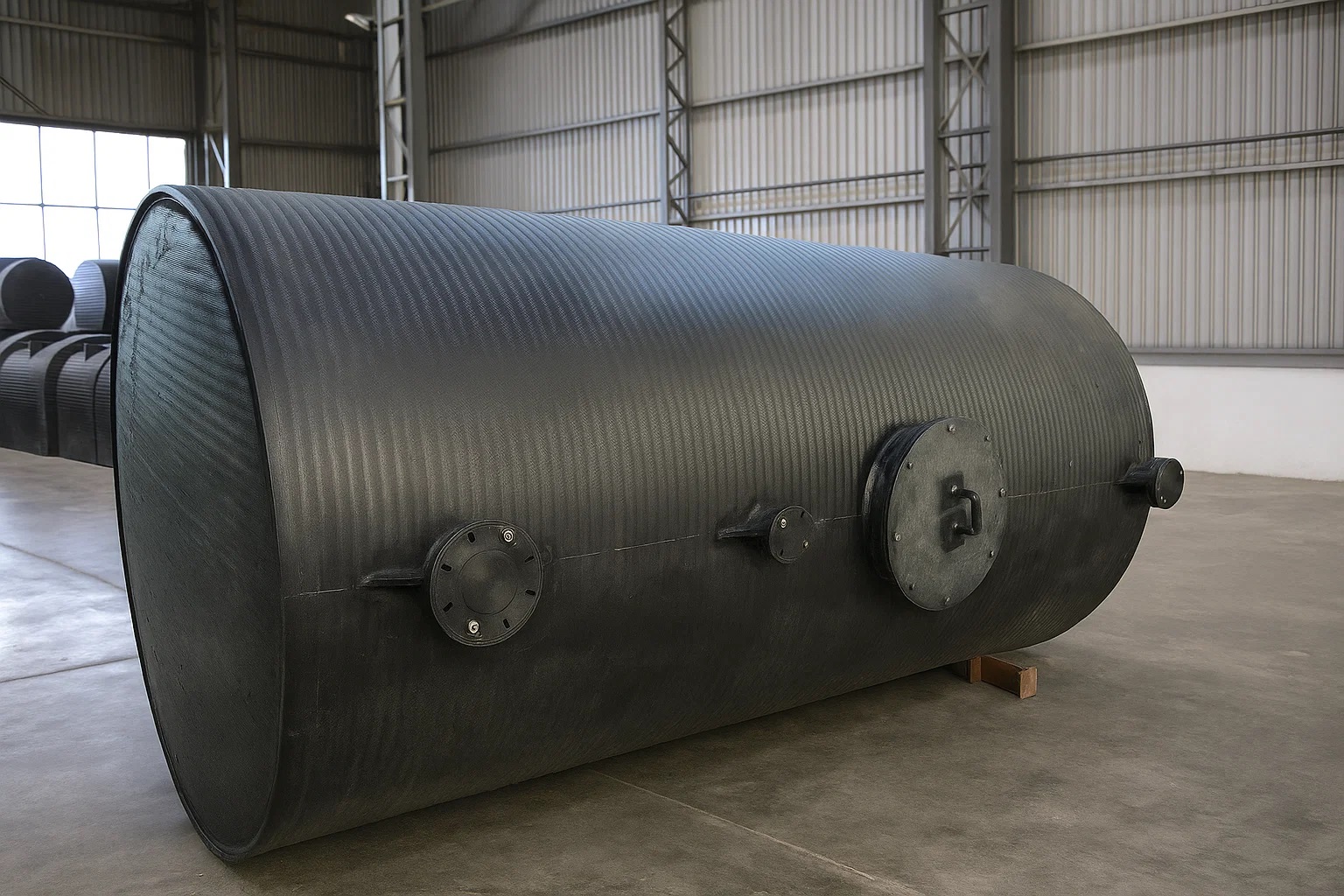HDPE (High-Density Polyethylene) tanks are widely used in various industries due to their durability, corrosion resistance, and versatility in storing a range of chemicals, liquids, and other materials. HDPE tanks are an essential storage solution, providing long-lasting performance and reliability in environments that demand strong, safe, and secure containment systems.
What is HDPE?
HDPE is a thermoplastic polymer made from petroleum, known for its high strength-to-density ratio. It’s commonly used in applications requiring long-term reliability and durability, especially where exposure to chemicals, weather, or mechanical stress is expected. The material’s unique properties make HDPE tanks an ideal choice for many industrial and commercial applications.
Applications of HDPE Tanks
HDPE tanks are used to store:
- Chemicals
- Acids
- Hazardous liquids
- Potable water
- Wastewater
- Oils and lubricants
These tanks find applications in industries such as:
- Water and wastewater treatment
- Petrochemicals
- Pharmaceuticals
- Food processing
- Chemical manufacturing
Key Specifications of HDPE Tanks
When considering HDPE tanks for your industrial or commercial needs, here are the important specifications to look at:
-
Material Composition:
- HDPE-80 / PE-100: This refers to the material grade used in the tanks, ensuring superior performance in high-stress environments. HDPE-80 and PE-100 materials provide high resistance to corrosive chemicals and harsh external conditions.
-
Capacity:
- 500 liters to 100,000 liters: HDPE tanks come in a wide range of storage capacities, ensuring that industries of all sizes can find a suitable solution.
-
Temperature Resistance:
- HDPE tanks can withstand -40°C to 80°C, making them suitable for environments with varying temperatures.
- For PP (Polypropylene) tanks, the range is up to +110°C, offering even more temperature resilience.
-
Durability:
- High Impact Strength: HDPE tanks are designed to withstand physical impacts, ensuring they are long-lasting and can handle rough handling or extreme conditions.
- Corrosion Resistance: HDPE is naturally resistant to chemicals, which means these tanks won’t rust, degrade, or become compromised when storing acids or other aggressive substances.
-
Design Features:
- Leak-Proof Construction: HDPE tanks are designed to be leak-proof, reducing the risk of contamination or spillage. This feature is vital for storing hazardous chemicals or liquids.
- Electrolytic Immunity: HDPE tanks are immune to electrolytic attack, meaning they don’t require additional lining for protection.
- Hygienic: The material used in HDPE tanks is food-grade, non-toxic, and non-absorbent, making them safe for storing potable water or other consumable liquids.
-
Lightweight and Easy Installation:
- Despite their strength, HDPE tanks are lightweight, making them easy to transport and install. This feature is especially important when setting up large tanks in remote or difficult-to-access areas.
-
Customization Options:
- Fittings and Accessories: HDPE tanks can be customized with accessories such as flanged inlets/outlets, valves, manhole covers, and more. This allows users to adapt the tank to specific industrial needs.
Comparison with Other Tank Materials
Compared to other materials like steel, concrete, or fiberglass, HDPE tanks offer several advantages:
- Corrosion Resistance: Unlike steel or concrete, HDPE does not corrode, ensuring a longer service life in chemical storage applications.
- Cost-Effective: HDPE tanks are often more affordable than fiberglass or metal tanks, offering a cost-effective solution for industrial storage.
- Flexibility in Design: HDPE’s flexibility allows it to be molded into various shapes and sizes, which is difficult to achieve with more rigid materials.
HDPE Tank Maintenance
Maintaining HDPE tanks is relatively simple. Their non-corrosive nature means they require minimal upkeep. Regular inspections for physical damage or any signs of wear are recommended, but overall, HDPE tanks have a long service life with minimal maintenance needs.
Conclusion
HDPE tanks are a reliable, durable, and cost-effective solution for storing a wide range of liquids and chemicals. Whether for industrial use, water storage, or chemical containment, their strength, flexibility, and resistance to corrosion make them the preferred choice across various sectors. When selecting an HDPE tank, understanding the specifications and capabilities ensures you find the right tank for your specific needs.
Choose HDPE tanks for their longevity, low maintenance, and superior performance in harsh environments.



